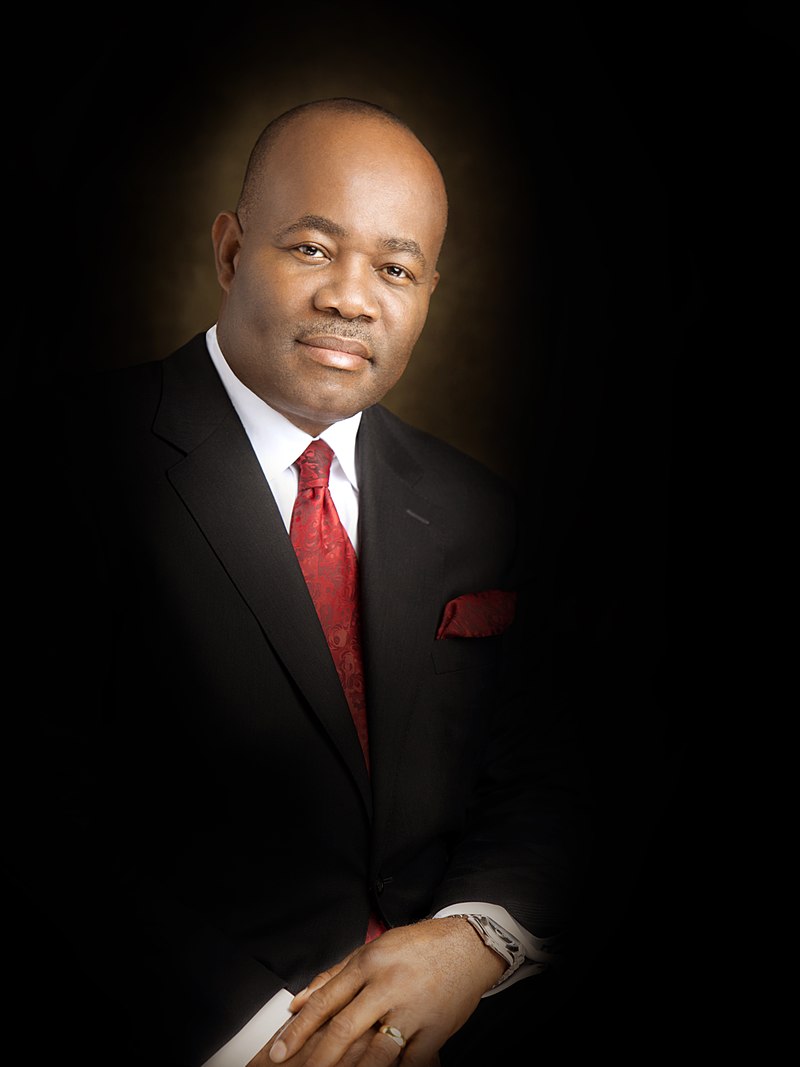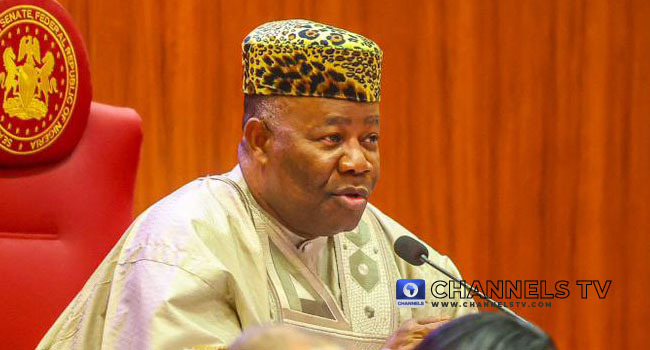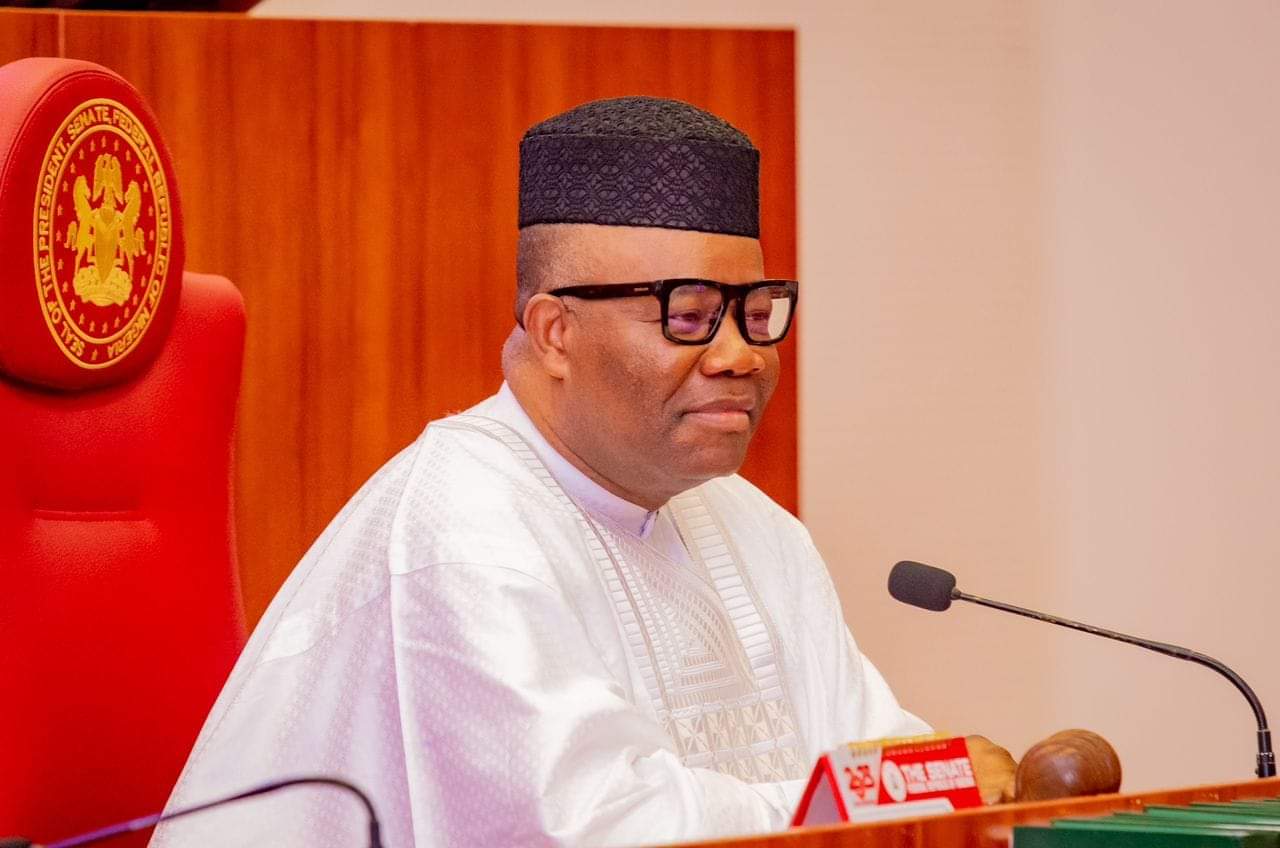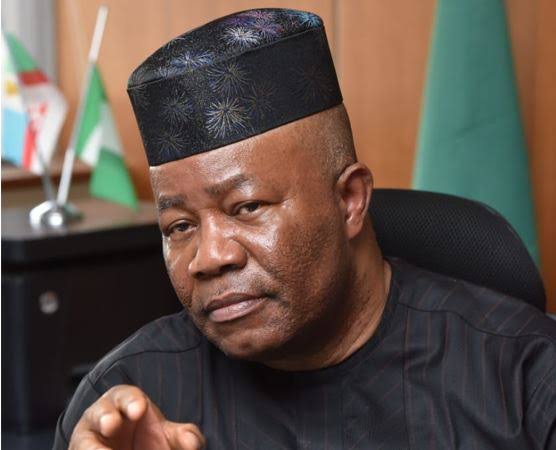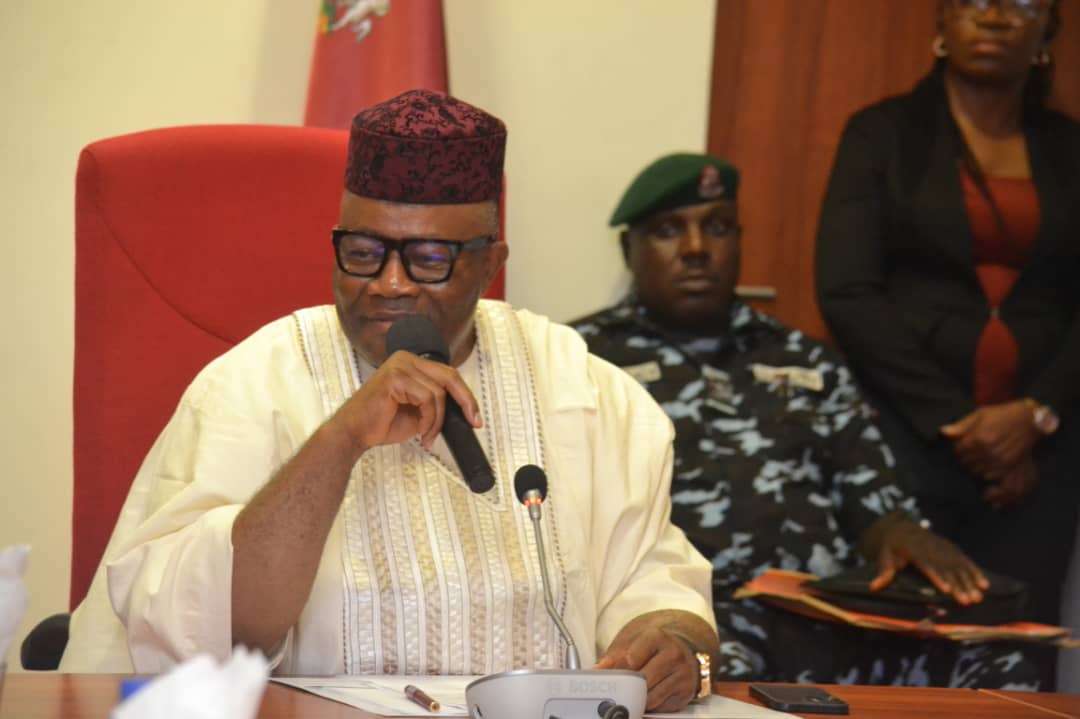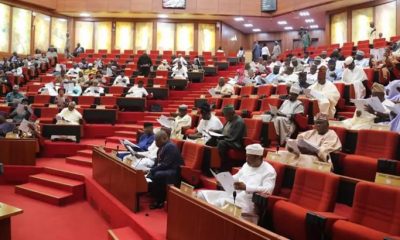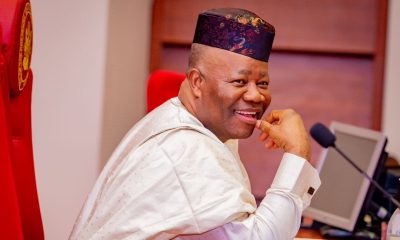News
10th Senate not a ‘rubber stamp’ of executive – Akpabio’s aide to critics

Special Assistant to the 10th Senate President on New Media, Ahmed Tijani Mustafa has faulted notions and comments being bandied in some quarters that the Senate under the leadership of Godswill Obot Akpabio was a rubber stamp or an appendage of the executive.
Reacting to the comments in a statement made available to CAPITAL POST on Tuesday in Abuja, Mustafa insisted that contrary to the public opinion, the 10th Assembly has been acting independently in its legislative matters

The statement read: “I have read a lot of commentary in the last few days that have attempted to paint the 10th Assembly, ably led by Senator Akpabio, as a rubber stamp extension of the executive. Nothing can be farther away from the truth than this,” Mustafa stated emphatically.”
The aide noted that the legislature must not have frosty or controversial relationship with the executive to portray ‘independence’, as some commentators would want even as no one can dictate to legislators on issues that is within their powers.
He argued that many Nigerians have a misguided perception of what a functioning National Assembly should be like, often expecting it to constantly clash with the executive branch.
According to Mustafa, these expectations are shaped by experiences of a tumultuous National Assembly, which often neglected its legislative and appropriative duties in favor of political grandstanding and obstruction.
Mustafa highlighted that a key role of the National Assembly is to provide checks and balances to the executive. He cited the recent rejection of ministerial nominees, Nasri El-Rufai, Stella Okotete, and Sani Danladi over delayed security clearances as evidence of the Senate fulfilling its duty without creating unnecessary conflict.
He recalled the chaotic history of the National Assembly, mentioning instances of leadership changes, members being locked out, and even physically scaling fences to gain access to chambers. Such events, he said, have conditioned the public to view a cooperative and issue-based Assembly as ineffective.
“Our psyche has been damaged so much so that a coordinated and issue-based National Assembly is now seen as inactive,” Mustafa observed. He stressed the importance of recognizing that Nigeria’s democracy has evolved, and what once seemed normal—such as governors being removed without proper impeachment proceedings—should no longer be acceptable.
Mustafa emphasized the necessity of fostering bipartisan relationships within the National Assembly for the nation’s benefit, urging the public to support a harmonious working relationship between the legislative and executive branches. He lauded the 9th Assembly under Senator Ahmed Lawan for setting a standard of decorum and stated that the 10th Assembly under Senator Akpabio is building on that foundation.
“Our democracy is finally coming of age and we should be excited,” Mustafa concluded.
Ahmed Tijani Mustafa’s remarks reflect a call for a more mature and collaborative political environment in Nigeria, emphasizing that progress and effective governance require a departure from the contentious politics of the past.


